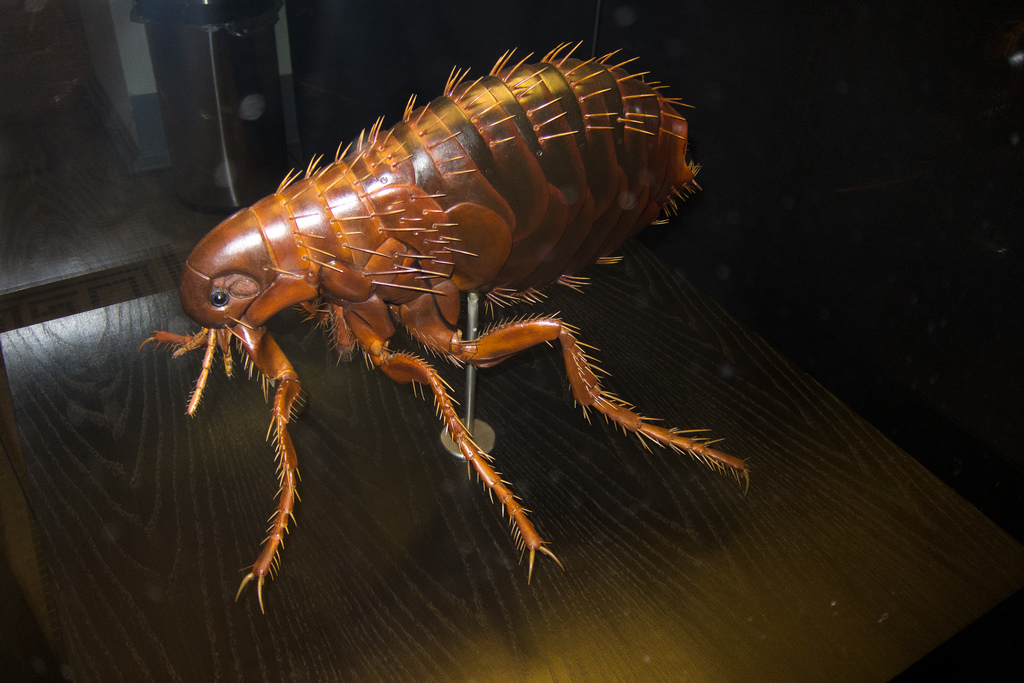The market is loaded with dozens of different flea treatment products, including spot-on sprays, oral medicines, injections, powders and fume bombs to name a few. In the past, most flea treatment products worked on the principle of killing fleas with insecticide chemicals. Now, however, Insect Development Inhibitors (IDIs) Insect Growth Regulators (IGRs) offer a more advanced alternative for treating flea infestations. For a closer look at these two types of flea treatment products, keep reading.
Note: both Insect Development Inhibitors (IDIs) and Insect Growth Regulators (IGRs) are designed to treat fleas by disrupting their normal life cycle. You can read more about the life cycle of a flea here, but these parasitic insects have multiple stages before reaching maturity. IDIs and IGRs prevent this normal growth and development from occurring, essentially killing them prematurely.
Insect Growth Regulators (IGRs)
IGRs are chemicals which mimic the natural characteristics of a flea’s growth hormones. You might be wondering how exactly this stuff works to treat fleas; let me explain: fleas produce small amounts of growth hormones throughout their lives. Before they molt into the pupal stage, their bodies produce significantly lower quantities of growth hormones. IGRs work to continuously feed fleas with a hormone-like substance, so they never see their bodies never see the decline that’s necessary for molting.
Using flea treatment products containing IGRs in your home kills fleas before they are able to mature into adults. It’s a highly advanced form of treatment that’s proven to be an effective way to stop flea infestations. IGRs don’t actually kill fleas on contact, but instead they break the life cycle so they can’t mature into adults.
Insect Development Inhibitors (IDIs)
IDIs work to block the normal development of fleas. Ever attempt to kill a flea by squishing it between your fingers, only for it to jump away once you release? Fleas are capable of withstanding large amounts of pressure and trauma due to their hard outer shell. Thankfully, IDI-based products are designed to prevent the normal development of their biological defenses like their hard outer shell.
Typically, IDIs are administered in the form of oral medications to dogs, cats or other household pets suffering from fleas. Once a flea bites into the pet, it will inadvertently consume some of the IDI, at which point it will wreck havoc on their body. Along with preventing the normal growth and development of a hard outer shell, IDIs may also prevent the flea from reproducing or maturing into adults.

